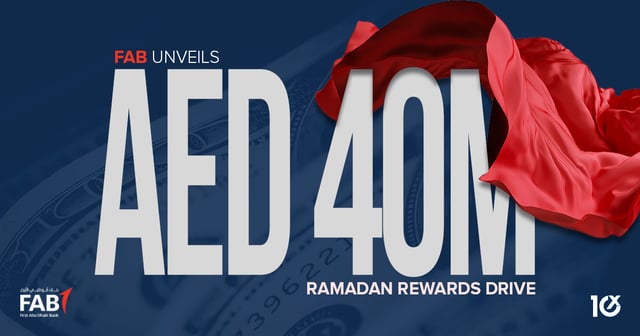Why is it hard for non tech startups to get funding?
Back in 2020, we decided as a company that we needed to scale up fast and we needed help of venture capital (VC) funds to do this. So, we approached all the “who’s who” of regional VCs and while they all appreciated our business the ideas, the passion and the achievements and traction we had demonstrated, they were all very honest that they only invested in tech startups.
It took many meetings and hundreds of calls to find VCs that were ready to take a chance on us and that were willing to go to their investment committee and fight for us as they believed we truly had what it takes to scale the business and achieve the growth they required. Although, we had a long process to go through, we were ready for the due diligence, had all our documents in place and could quickly send all that was required to go through the required process.
While getting funding and support for non-tech ventures is still tough today around the world, it is much easier than in 2008. VCs in the US are recognizing that innovation and scalability are not necessarily linked to technology and as a result, more US VCs have the conviction that razor blade companies, coffee companies, and even sock companies can be billion-dollar businesses.
Local VCs have very clear mandates from their Limited Partners (LPs) to fund tech startups only because they see ease of scalability and rapid growth with low required cash flow investment. But let’s not forget that many successful non tech brands in the US have ensured high returns to their early VC investors. These include Lululemon the sports apparel company that made athletic leggings the new jeans for women; they went public in 2007, raising about $330 million in their IPO. Early investors included Highland Capital and Advent who together invested about $93 million in 2005. In 2014, Advent invested again, purchasing 14% of the company for $845 million, valuing the company at $6 billion.
Annie’s Inc. a specialty foods brand that led the charge for healthy snacks was founded in 1989 by Annie Withey and Solera Capital acquired a controlling interest in 2002 and took the company public in 2012, raising $95 million. General Mills purchased the company in September 2014 for $820 million.
Happy Family is a brand of high-end baby foods and products. The company was purchased by Danone in Q2 2013 for an undisclosed price, understood to be above $250 million.12 Early-stage investors included the W.K. Kellogg Foundation ($4.6 million),13 Bee Partners, and Demi Moore, for a total of $23 million. This suggests a cash-on-cash multiple of over 10x for early-stage investors.
The Secrets behind Successful Non-Tech Startups
Successful non-tech startups don’t rely on technology, they rely on YOU as the entrepreneur. You need the ability to convince people, to get them excited about a new concept/product and to maintain strong relationships - yes even before you begin your startup journey.
These can be difficult to acquire skills and ones that need some honing along the way, but they are what’s needed in the long run for the success of your non-tech startup in my view and experience.
One further thing that’s critical for non-tech success is a community of users. This is called traction, that shows the investors and the world that your startup is viable.
If there is one thing, I would advise non tech entrepreneurs it’s to invest in a solid product, test it, learn from the end users and adapt it until you nail it. Once you have a customer base and your traction is proven the VC funding will follow and if not from the Middle East, it will be from the US or elsewhere in the world where the shift is already happening.
Some information was sourced by Sara Chemmaa on https://www.kauffmanfellows.org/journal_posts/outside-the-tech-box-successful-non-tech-venture
https://www.peerbits.com/blog/secrets-behind-successful-non-tech-startups.html






